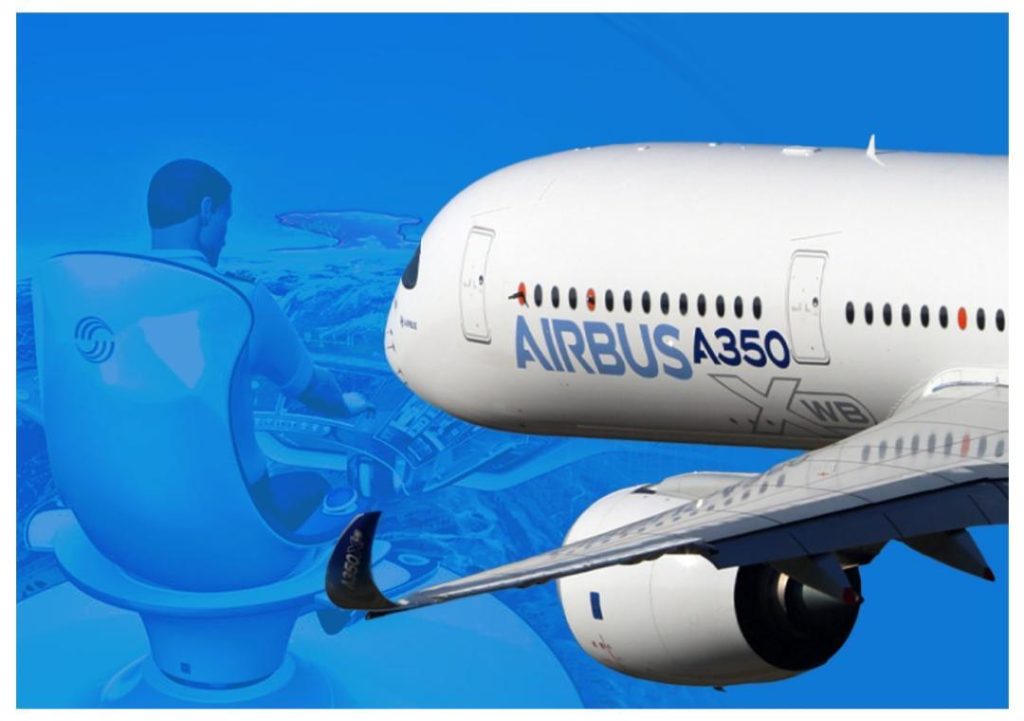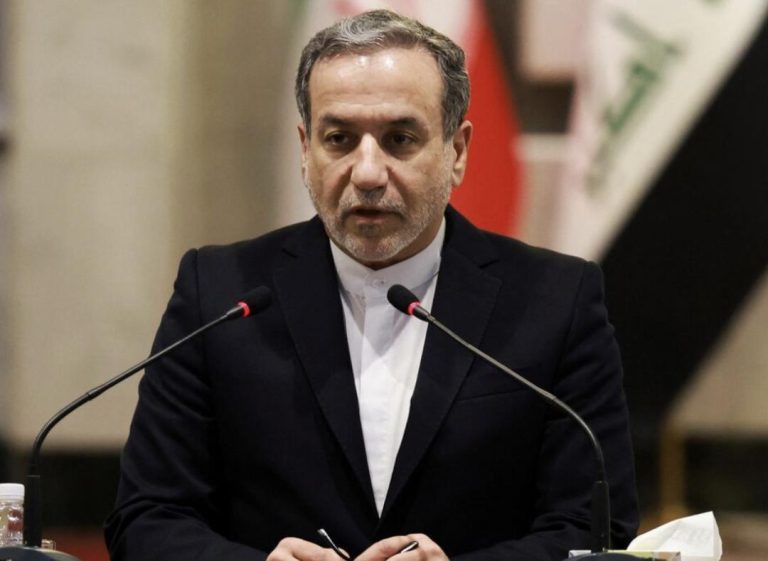
Airbus Single-Pilot Plan: Impact on India
In a move that is expected to transform the aviation industry, Airbus has announced plans to introduce single-pilot operations by the mid-2030s. This revolutionary change is expected to have a significant impact on India’s 800-strong Airbus aircraft fleet, which is operated by various airlines across the country. While the plan promises to reduce operating costs for Indian airlines, it also raises concerns about the potential shortage of pilots and regulatory hurdles.
Single-pilot operations, also known as single-pilot cockpit, involve a single pilot operating an aircraft, rather than the traditional two-pilot configuration. This change is made possible by advancements in automation and technology, which enable the aircraft to fly safely and efficiently with a single pilot on board.
Impact on Indian Airlines
Indian airlines are expected to benefit significantly from single-pilot operations. According to estimates, they could save up to 15% in operating costs, which translates to a significant reduction in expenses. This is because single-pilot operations eliminate the need for a second pilot, which means less fuel consumption, reduced maintenance costs, and lower salaries.
IndiGo, one of India’s largest airlines, has already placed orders for 500 new Airbus aircraft, which will be delivered over the next few years. Air India, another major airline, has ordered 250 new Airbus aircraft, which will also be affected by the single-pilot plan. With these new aircraft joining their fleets, Indian airlines are likely to be at the forefront of adopting single-pilot operations.
Regulatory Challenges
While the benefits of single-pilot operations are clear, regulatory challenges are expected to be a significant hurdle for their adoption in India. The country’s aviation regulator, the Directorate General of Civil Aviation (DGCA), will need to amend existing regulations to allow for single-pilot operations.
The DGCA will need to ensure that single-pilot operations meet the highest safety standards, which is a complex and time-consuming task. The regulator will need to assess the safety risks associated with single-pilot operations and develop new guidelines and regulations to mitigate these risks.
Safety Concerns
Safety concerns are another major hurdle for the adoption of single-pilot operations in India. While automation and technology have improved significantly, there is still a risk of human error in the cockpit. With only one pilot on board, the risk of error may be higher, which could lead to accidents.
The Indian aviation industry has a good safety record, but there is always room for improvement. The adoption of single-pilot operations will require airlines to invest heavily in training and simulator-based training programs to ensure that pilots are equipped to handle emergency situations.
Pilot Vacancies
The adoption of single-pilot operations is likely to worsen the existing pilot shortage in India. With the need for only one pilot on board, the demand for pilots will decrease, which could lead to a shortage of pilots in the industry.
According to estimates, India needs over 1,000 additional pilots to meet the demand for air travel. The adoption of single-pilot operations will only exacerbate this shortage, which could lead to a crisis in the aviation industry.
Conclusion
Airbus’s single-pilot plan is a significant development in the aviation industry, and its impact on India will be far-reaching. While the plan promises to reduce operating costs for Indian airlines, it also raises concerns about regulatory challenges and safety concerns.
Indian airlines will need to invest heavily in training and simulator-based training programs to ensure that pilots are equipped to handle emergency situations. The DGCA will need to amend existing regulations to allow for single-pilot operations, which is a complex and time-consuming task.
The adoption of single-pilot operations will also worsen the existing pilot shortage in India, which could lead to a crisis in the aviation industry. However, with careful planning and execution, the benefits of single-pilot operations could be realized, and the Indian aviation industry could become a model for the rest of the world.
News Source:
https://ascendants.in/industry/airbus-single-pilot-plan-impact-india/






